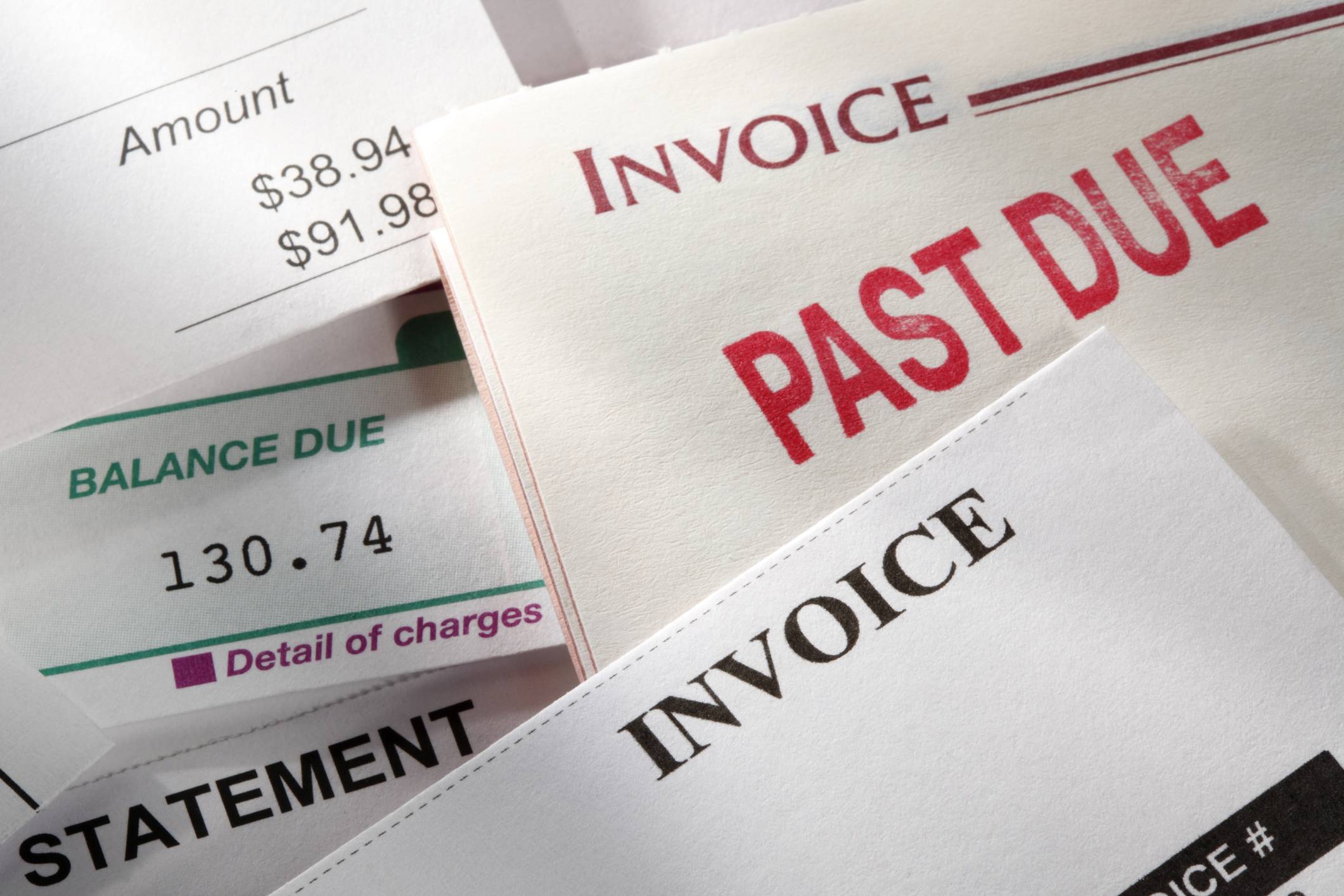
Some people facing uncomfortable financial burdens might look to debt consolidation as an alternative to filing for bankruptcy, perhaps out of fear that bankruptcy will ruin their credit rating. However, debt consolidation has its own disadvantages that might make it a poor choice in many situations.
Bankruptcy can be a better option if, for instance, you already have poor credit, your income is unreliable or you need to stop existing foreclosures and other debt collection efforts. Bankruptcy will temporarily reduce your credit score but it offers advantages that can make the setback worthwhile.
Debt consolidation combines your debts into a single loan or line of credit with a financing company, allowing you to make a single monthly payment. The company will then pay your other creditors. However, while consolidation can simplify your debt load, it comes with some caveats:
- It doesn’t reduce your debt; it merely simplifies payment.
- It won’t necessarily reduce your interest rate.
- You probably won’t qualify if your credit score is low.
- Although debt consolidation itself doesn’t reduce your credit score, missing a payment will.
- You might have to put up some of your property as collateral as a condition for getting a consolidation loan, which means you risk losing that property if you default.
Depending on your circumstances, therefore, consolidation might turn out to be a bad deal or one that you can’t even obtain. Bankruptcy law, on the other hand, offers some attractive alternatives.
Chapter 13 bankruptcy allows for debt consolidation under a court-supervised plan that does not require outside financing. It also offers these advantages:
- It puts a stop to all collection efforts, except with the bankruptcy court’s permission, as soon as you file.
- It usually reduces the actual amount you need to pay on your debts.
- You make monthly payments that last for three to five years, so you know when you will be finished.
- If you complete the repayment plan, the court will discharge you from all or many of your debts.
If your income is too low or your living expenses are too high for a Chapter 13 plan, you can file for Chapter 7 bankruptcy, which may wipe out many or all of your debts in a matter of months. Some of your property might have to be sold to pay off creditors, but typically you can exempt most or all of your property from liquidation. You can start rebuilding your credit score right after your bankruptcy discharge.
Jeff Field & Associates helps clients throughout the Atlanta metropolitan area in all aspects of bankruptcy proceedings. We can explain in detail the potential advantages of bankruptcy over debt consolidation. We have offices in Athens, Douglasville, Gainesville, Lawrenceville, Marietta and Scottdale. To schedule an appointment, call 404-381-1278 or contact us online.
Please fill out the form below and one of our attorneys will contact you.





